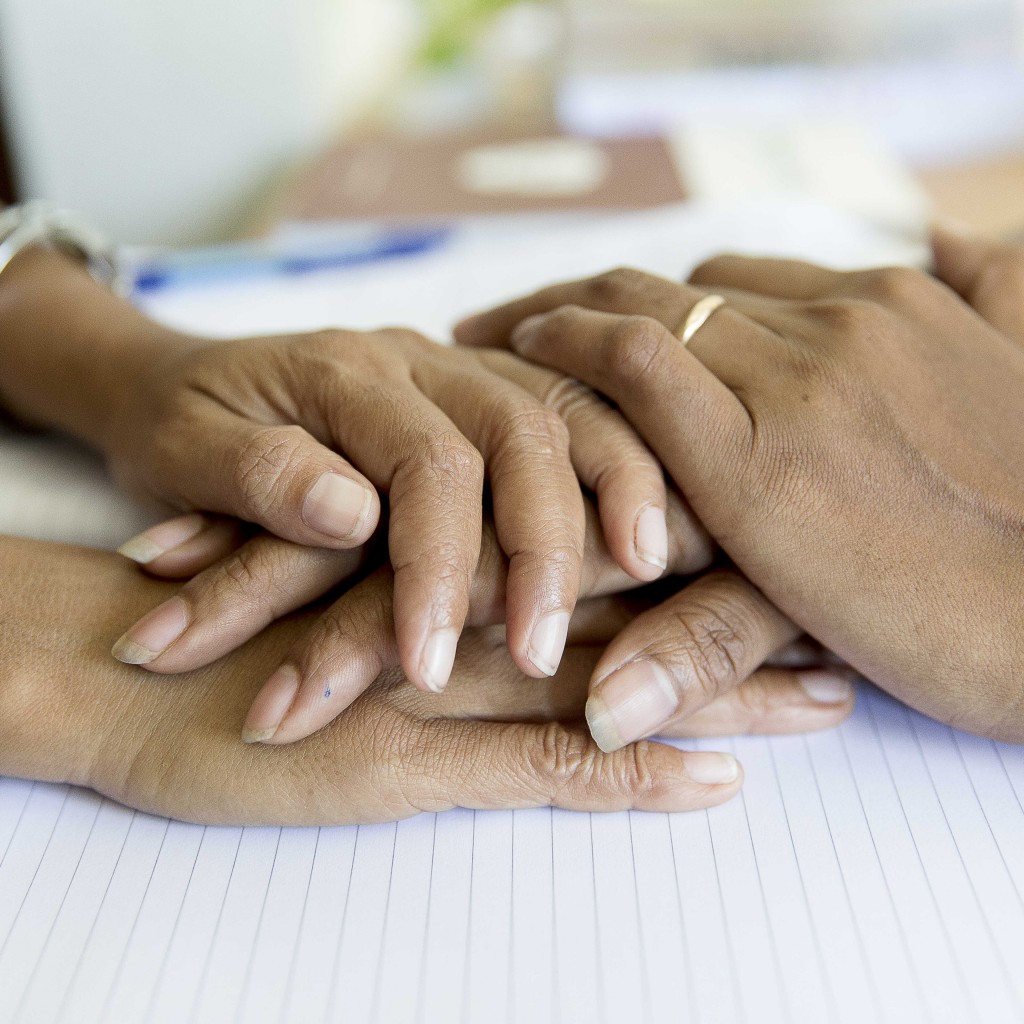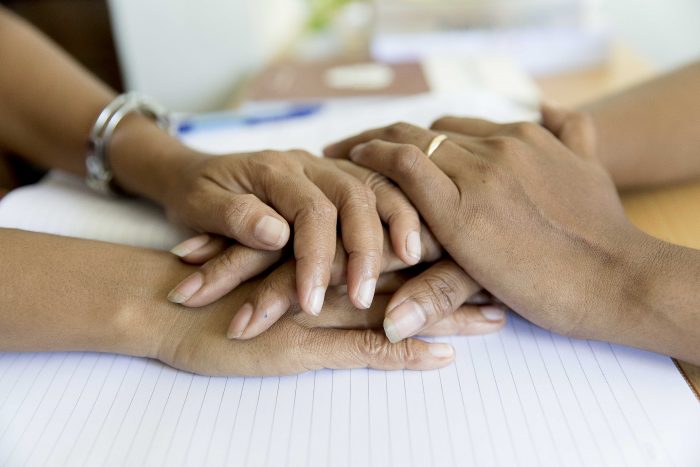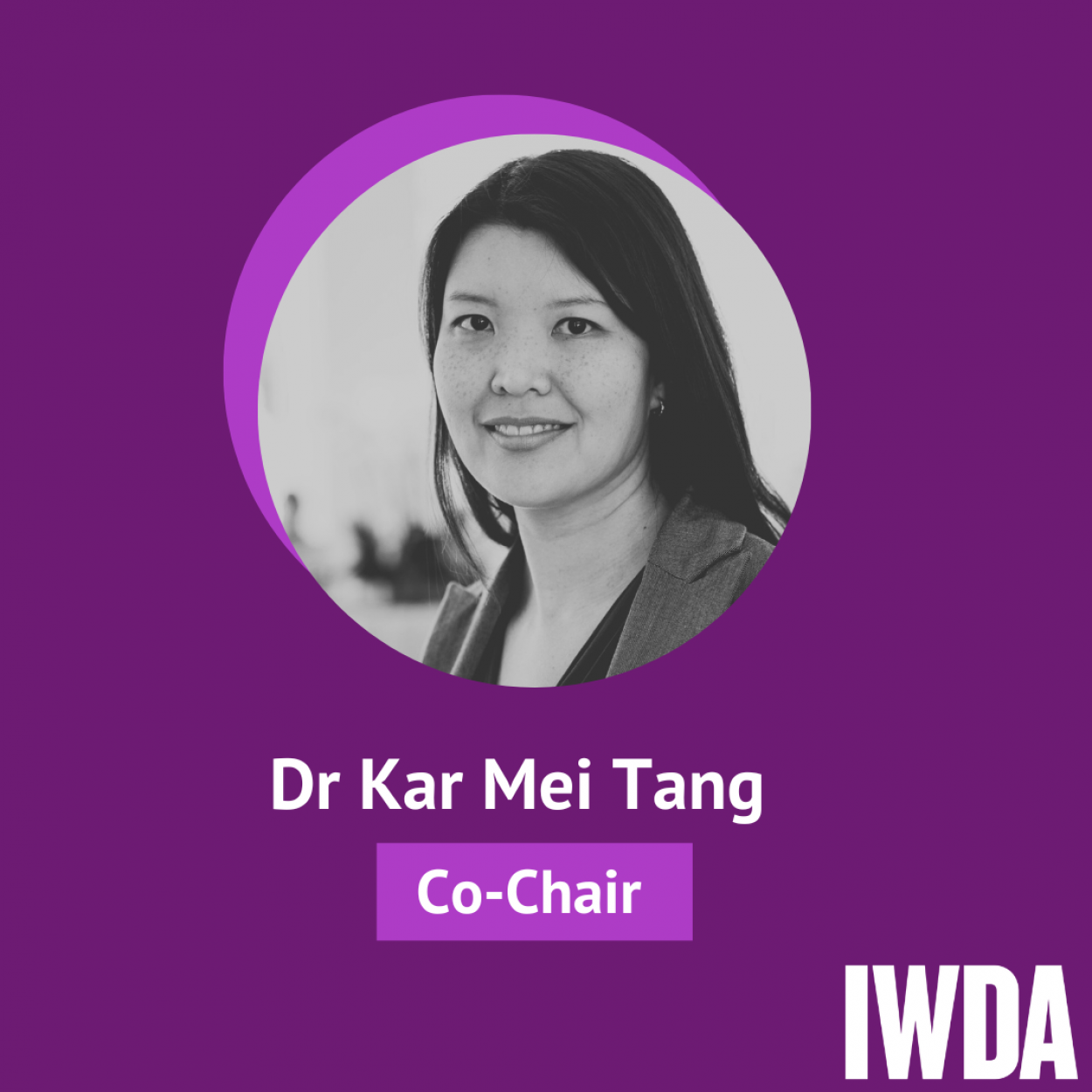
Who Cares? Why having a target on unpaid care in the Global Goals is a big step forward
Unpaid care and household work matters. It underpins societies and economies today and grows the citizens and workers of the future. The monetary value of unpaid care alone has been estimated at between 10 and 50 per cent of Gross Domestic Product (GDP). In Australia, unpaid care was valued at $21.4 billion in 2009-10; equivalent to 50.6 per cent of GDP. Despite its significance, though, unpaid care and household work is not formally counted when assessing the value of our economy.

Unpaid care and household work matters. It underpins societies and economies today and grows the citizens and workers of the future. The monetary value of unpaid care alone has been estimated at between 10 and 50 per cent of Gross Domestic Product (GDP). In Australia, unpaid care was valued at $21.4 billion in 2009-10; equivalent to 50.6 per cent of GDP.[i] Despite its significance, though, unpaid care and household work is not formally counted when assessing the value of our economy.
In all countries, women and girls do the bulk of unpaid care and domestic work. Women, on average, spend twice as much time on household work as men and four times as much time on childcare.[ii] This has a huge impact on how our societies and economies operate and who does what work.
Unpaid care and domestic work also has a significant impact on the lives of individual women and girls. The time, intensity and low status associated with unpaid care and domestic work impacts on women and girl’s health and opportunities to access paid work, education and to participate in public and political life. A survey found that 10 per cent of girls (aged 5-14) across 16 countries perform household chores for 28 hours or more weekly (approximately twice the hours spent by boys), impacting on their school attendance.[iii]
Women are increasingly responsible for income earning without a similar reduction in unpaid caring work and frequently take on insecure, part-time and low paid work as they struggle to combine unpaid care work with paid work. Worldwide, men are nearly twice as likely as women to have full time secure and highly paid jobs.[iv] Caring responsibilities also affect women’s capacity to accumulate retirement income and savings. In the Solomon Islands almost three times more men than women contribute to pension schemes.[v] In Australia, women retire, on average, with around half as much in their superannuation as men.[vi]
This impact on women and girl’s enjoyment of their rights is exacerbated for poor and marginalised women who often have limited access to infrastructure, public services, social protection and time-saving domestic technologies. A recent survey by one of IWDA’s partners, Voice for Change, in Jiwaka Province in the Highlands of Papua New Guinea, revealed that the slave-like burden of unpaid care and domestic work is having a severe impact on women and girls.[vii] As one woman described, ‘Since marriage, life was never the same…her husband doesn’t do [a] single thing. She works and works and says old age is catching up too fast because of all the work…’
Too often unpaid care and domestic work is under-valued and goes unrecognised in policy, legislation and measures of economic development. The inclusion of a target on unpaid care and domestic work in Global Goal 5 is therefore a significant achievement. It also makes sense. Recognising, reducing and redistributing the caring burden will lead to progress across the Global Goals agenda on issues such as education, health, climate change, economic inequality, and political participation.
IWDA calls on the Australian Government to demonstrate the importance of unpaid care by making it a priority in advancing the sustainable development agenda. You can read about the actions we are asking the Australian Government to take in our policy brief. We know what works – improving parental and flexible leave; ensuring high quality, affordable care is available for all; investing in gender-sensitive infrastructure, technology and public service; and innovating to increase men’s active participation in caring and domestic responsibilities. We also need to tackle gender stereotypes which define care as ‘women’s work’ and get better at regular measurement of unpaid care.
Care work is not an optional or marginal activity. It underpins economic and social development and the capabilities of future generations. It is time to show the world we care.
[i] S.A. Hoenig and A.R.E. Page (2012), Counting on Care Work in Australia, available at: http://www.security4women.org.au/wp-content/uploads/eS4W-Counting-on-Care-Work-in-Australia-Final-Report.pdf
[ii] E. Duflo (2012) ‘Women Empowerment and Economic Development’, Journal of Economic Literature, 50(4), 1052
[iii] M. Sepúlveda Carmona (2013) Unpaid care work, poverty and women’s human rights: challenges and opportunities for the post-2015 agenda. Observer paper submitted for the Expert Group Meeting on Structural and policy constraints in achieving the MDGs for women and girls, EGM/MDG/OP.1, October 2013, UN Women in collaboration with ECLAC, Mexico City, Mexico, 21-24 October 2013, available at: http://www.unwomen.org/~/media/headquarters/attachments/sections/csw/58/op1-magdalena-sepulveda%20pdf.pdf
[iv] World Bank (2014) Gender at Work: A Companion to the World Development Report on Jobs. Washington D.C.: World Bank, available at: http://www.worldbank.org/en/topic/gender/publication/gender-at-work-companion-report-to-world-development-report-2013-jobs
[v] UN Women (2015), East Asia and the Pacific Fact Sheet: Progress of the World’s Women 2015-2016: Transforming Economies, Realizing Rights, available at: http://www2.unwomen.org/~/media/headquarters/attachments/sections/library/publications/2015/poww-2015-factsheet-eastasiapacific-en.pdf?v=1&d=20151023T211444
[vi] ANZ (2015) ANZ Women’s Report: Barriers to Achieving Financial Gender Equity, July 2015, available at: http://www.women.anz.com/content/dam/Women/Documents/pdf/ANZ-Womens-Report-July-2015.pdf
[vii] Voice for Change (2015) Violence against Women and Girls in Jiwaka Province, PNG: An Analysis of the Voice for Change Community Survey, Report Summary, available at: https://iwda.org.au/resource/brief-voice-for-change-community-survey/


